views
As concerns about the environment and sustainability continue to gain momentum, the way we approach pest control has undergone a profound shift. Traditional pest control methods often rely on chemicals and practices that can harm not only the pests but also the ecosystem, human health, and non-target species. In contrast, eco-friendly pest control methods offer a more harmonious approach, seeking to strike a balance between managing pest populations and preserving the delicate equilibrium of our environment. So, here are some of the most effective and innovative eco-conscious pest control methods that prioritize both effective pest management and the well-being of our planet.
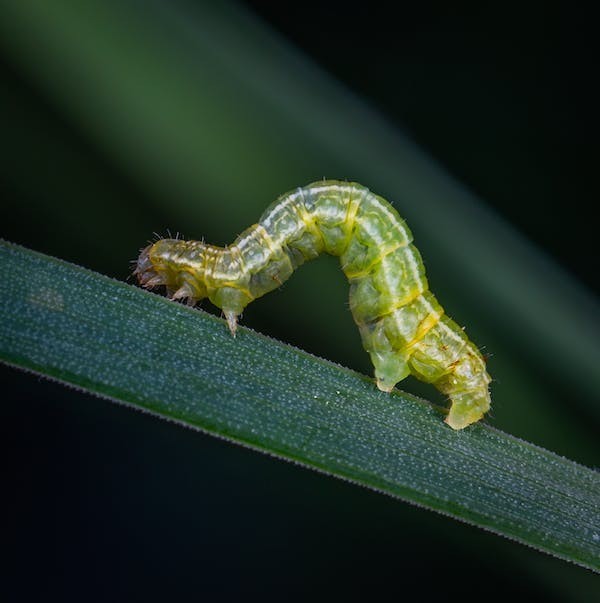
Integrated Pest Management (IPM): A Holistic Approach
Integrated Pest Management (IPM) represents a paradigm shift in pest control. It emphasizes prevention, monitoring, and the utilization of a variety of tactics to manage pests while minimizing environmental impact. This approach involves employing biological controls, such as introducing natural predators or pathogens to control pest populations, as well as cultural practices like crop rotation and habitat manipulation to discourage pest proliferation.
Beneficial Insects: Nature's Pest Controllers
Embracing the role of nature's allies in pest control, beneficial insects offer an elegant solution. These insects, often predatory or parasitic, target and control pest populations in a natural and sustainable manner. Ladybugs, lacewings, and parasitic wasps are among the many beneficial insects that can be introduced into ecosystems to keep pest numbers in check, reducing the need for chemical interventions.
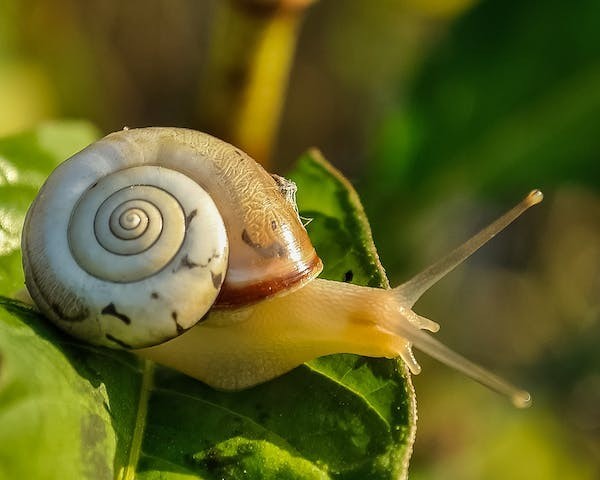
Biopesticides: Nature's Arsenal
Biopesticides are derived from natural sources such as plants, bacteria, and fungi. They target specific pests while leaving non-target species unharmed, making them a crucial tool in eco-friendly pest management. Neem oil, for example, derived from the neem tree, acts as a potent biopesticide, disrupting the growth and development of numerous pests.
Cultural Practices: Disrupting Pest Habits
Our agricultural and gardening practices can inadvertently promote pest populations. By adopting cultural practices that disrupt pest habits, we can achieve sustainable pest control. These practices include regular pruning, proper spacing between plants, and removing pest habitats such as standing water or decaying vegetation.
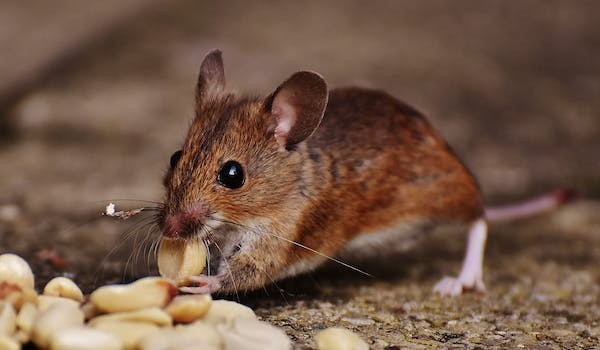
Organic Pesticides: A Safer Alternative
Organic pesticides, derived from natural substances like plant extracts and minerals, offer a safer alternative to synthetic chemicals. While they are designed to break down more quickly in the environment, they still require careful use to minimize unintended consequences. Organic pesticides like diatomaceous earth and insecticidal soaps target pests while minimizing harm to beneficial insects and the ecosystem.
Physical Barriers: Keeping Pests at Bay
Physical barriers provide an effective means of pest control without resorting to chemicals. Row covers, netting, and screens can protect plants from pests while allowing sunlight and rain to nourish them. These barriers are particularly useful for safeguarding crops against flying insects and birds. This idea is even more effective if you take your time to find security fencing supplies that will keep your entire garden safe and protected, no matter how big your outdoor space is and what you’re trying to grow there.
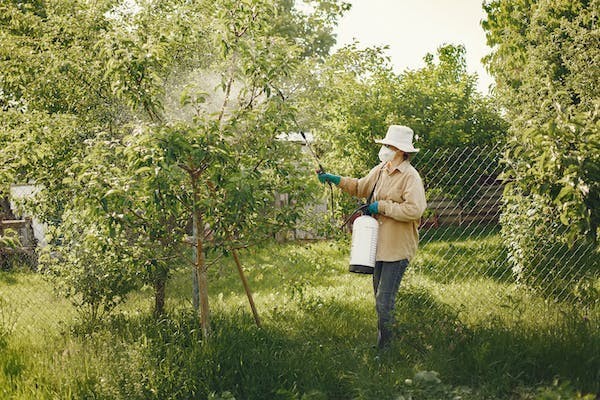
Trap Crops and Companion Planting: Nature's Distractions
Harnessing the power of nature's diversity, trap crops, and companion planting are strategies that use specific plants to attract pests away from primary crops or deter pests through scent or other mechanisms. Marigolds, for instance, emit a smell that repels many pests, making them a popular choice for companion planting.
DIY Remedies: Kitchen-Sourced Solutions
Everyday items found in our kitchens can serve as potent pest control agents. From using vinegar and water solutions to repel ants and fruit flies, to utilizing garlic or chili pepper sprays to deter chewing insects, these DIY remedies offer a cost-effective and environmentally friendly approach to pest management.
As our understanding of the interconnectedness of ecosystems deepens, the significance of eco-friendly pest control methods becomes increasingly evident. These methods not only safeguard our environment but also promote long-term pest management solutions that harmonize with nature. By adopting integrated pest management approaches, harnessing the power of beneficial insects and biopesticides, and integrating cultural practices and physical barriers, we can pave the way for a more sustainable and ecologically conscious future. As we navigate the delicate balance between preserving the vitality of our ecosystems and managing pest populations, we contribute to a healthier planet and a more harmonious coexistence with nature.
















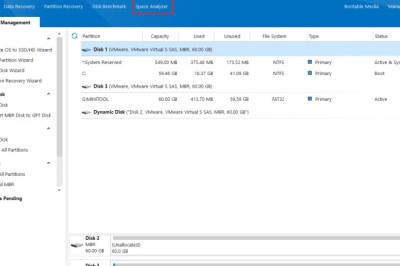





Comments
0 comment